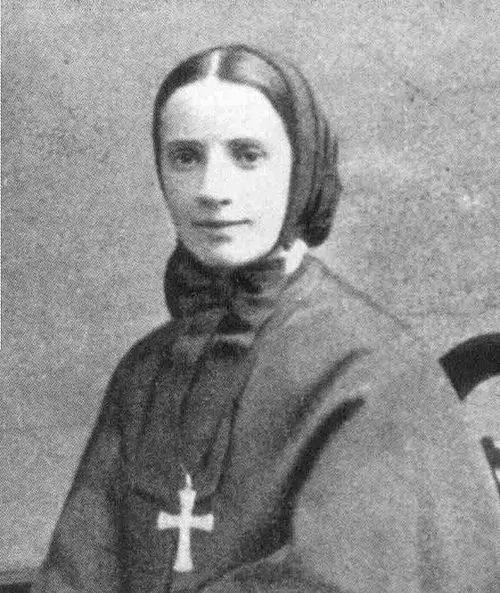
Brice of Tours: The Patron Saint of France
Brice of Tours, known as Saint Brice, is one of the most revered figures in early Christian history, especially in France. His life and legacy continue to influence thousands of devotees and hold significant importance in the Catholic faith. This article explores his background, miracles, contributions to the Christian church, and the reasons he is celebrated today.
Early Life and Conversion
Born in the late 4th century in the region now known as Brittany, Brice was originally from a noble family. Historical records indicate he was well-educated and devoted to his studies. After witnessing the poverty and suffering of the people around him, he became increasingly concerned about spiritual matters, leading to a profound conversion experience. He decided to abandon his worldly life, ultimately taking monastic vows.
Years as a Monk
Brice joined a monastery founded by the famous St. Martin of Tours, where he dedicated his life to prayer and ascetic practices. His dedication to monastic life earned him respect among his peers, and he became known for his wisdom and holiness. Many began to view him as a spiritual authority, and his influence spread throughout the region as he performed good deeds and offered guidance.
Miracles and Contributions
Brice of Tours is credited with numerous miracles, which played a vital role in his canonization. Among the most notable was his ability to heal the sick, raise the dead, and drive out demons. These miracles not only solidified his status as a saint but also helped in spreading Christianity, particularly in northern Gaul.
His most famous miracle involves the conversion of a group of pagans, where he called upon divine assistance to reveal the power of the Christian God. This incident is often depicted in art and literature, emphasizing his role as a miracle worker and a beacon of faith.
Legacy and Celebration
Brice was not only instrumental in promoting Christianity but also in establishing the Catholic Church's presence in France. He became the Bishop of Tours, where he continued his mission of spreading the Gospel and helping the needy.
The feast day of Saint Brice is celebrated on November 13th each year, particularly in regions associated with his life and work. Pilgrimages to his shrine continue to be popular, attracting those seeking healing or spiritual enlightenment. Various churches and institutions have been named in his honor, further preserving his legacy.
Significance for Modern Christianity
Today, Brice of Tours serves as an inspiration to many Christians worldwide. His life exemplifies the virtues of humility, charity, and unwavering faith. He reminds believers of the importance of community service and compassion toward the less fortunate.
Many parishes celebrate his legacy with educational programs focusing on his teachings and the values he championed. Additionally, art and literature continue to depict his life, ensuring that future generations remember his contributions to Christianity and the broader community.
Conclusion
In summary, Brice of Tours is a significant figure in Christian history whose influence extends beyond his time. His miracles, dedication to God, and unwavering commitment to helping humanity are celebrated widely. As the patron saint of France, he is remembered for his profound impact on the spread of Christianity and remains a source of inspiration for believers today.






